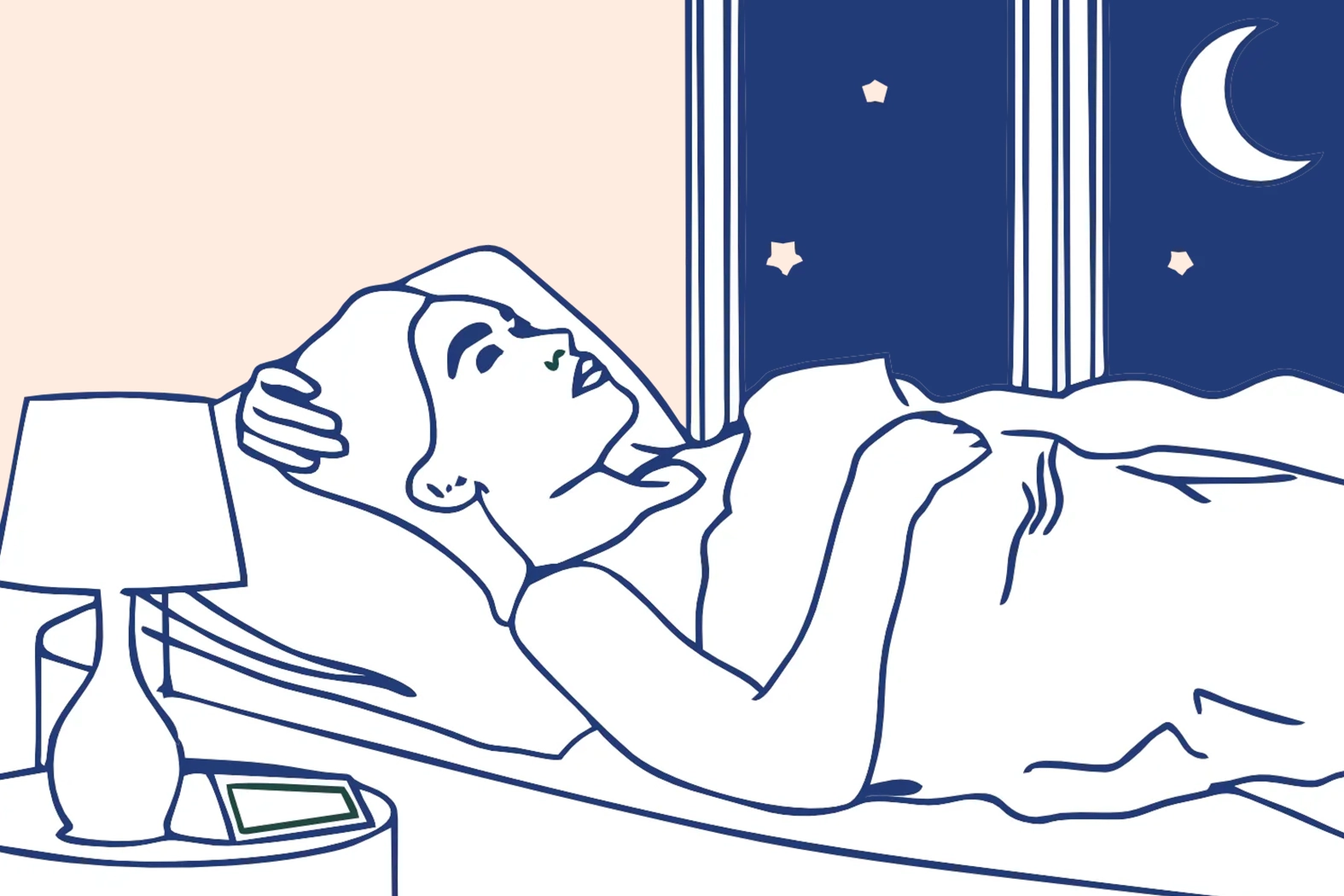To provide services at the highest level, we use cookies. Using the website requires you to choose settings related to their storage on your device. If you want to know what each type of cookie is used for, click the Details button below.
Overcome insomnia on your own terms!22 maja 2022 |

We suffer from insomnia when we frequently wake up at night and cannot fall back asleep. Moreover, waking up at night and having trouble falling back asleep is also a symptom that contributes to the clinical picture of insomnia. We also deal with insomnia when sleep does not provide rest, and fatigue persists after a night's sleep.
Insomnia is the inability to fall asleep, unexpected awakenings during sleep, or a lack of restful sleep upon waking up. Transient, acute, and chronic insomnia are recognized. Depending on the causes and type of insomnia, the treatment for it can vary. Therefore, it is advisable to consult with a doctor.
The common causes of insomnia often include stress and increased emotional tension. Additionally, insomnia may occur during depression, as well as other mood disorders and anxiety disorders. Furthermore, insomnia is observed in individuals suffering from PTSD. There is also a strong correlation between insomnia and the concentration of hormones and neurotransmitters in the blood, as well as chronic pain and sleep apnea. In older individuals, insomnia may result from a reduced level of melatonin.
Insomnia is treated based on its causes. Therefore, it is essential to diagnose the cause of insomnia first. In many cases, insomnia can be alleviated by changing poor habits, particularly by ensuring proper sleep hygiene and using a comfortable mattress.
Melatonin helps with insomnia in blind individuals and older people. The use of melatonin should always be under the supervision of a doctor. While melatonin is a popular dietary supplement for insomnia, it is a hormone that affects the entire hormonal system. Therefore, it is worth exploring other methods of treating insomnia.
The best pillow for insomnia is an orthopedic pillow that provides adequate support to the cervical spine. Pillows produced by ONSEN®, especially Asana, Enso, Yoko, and Hiro, are known to help with insomnia. It is important to ensure that the pillow for insomnia is made of high-resilience polyurethane foam (HR) and is molded in forms rather than cut from them.